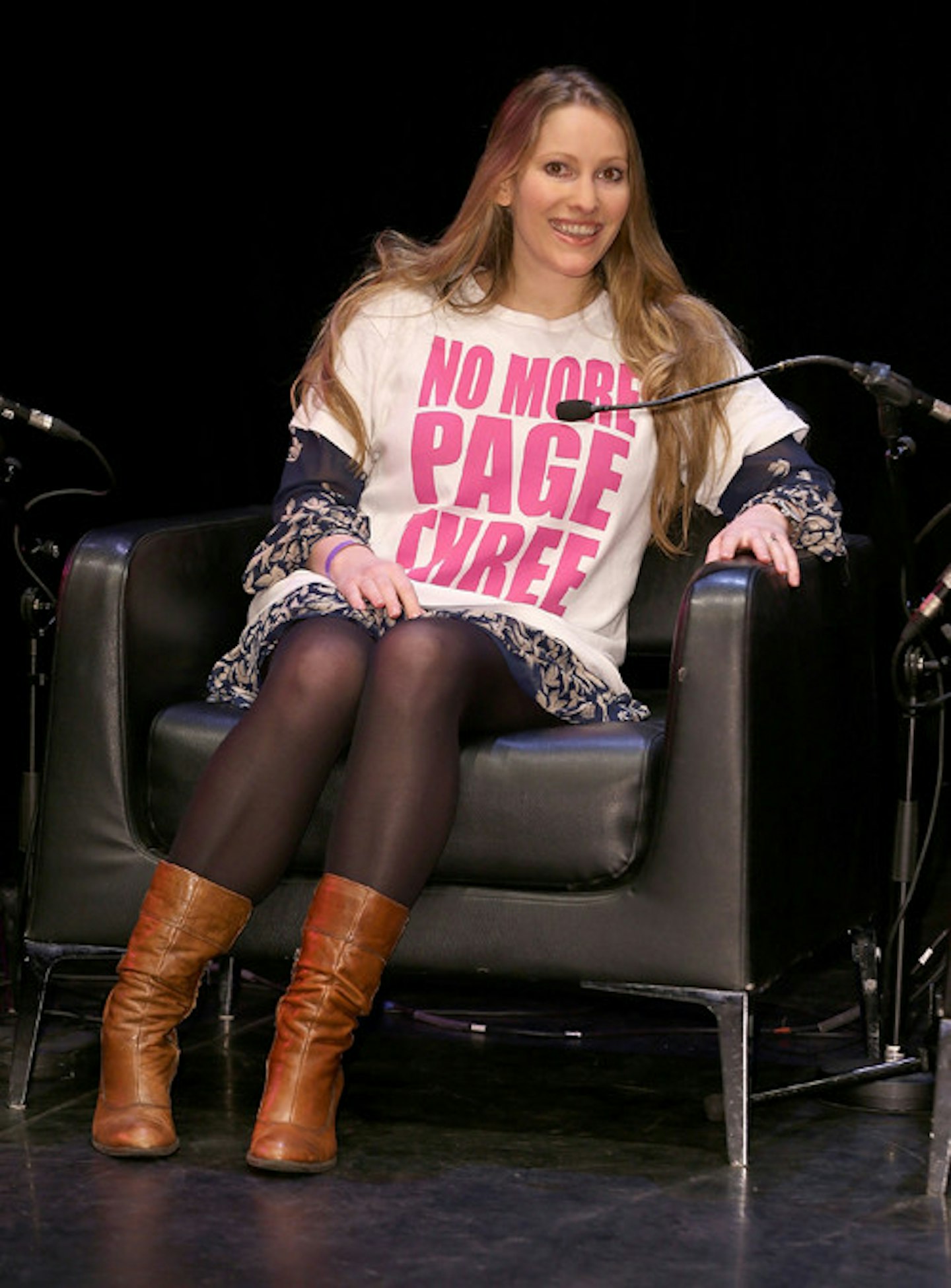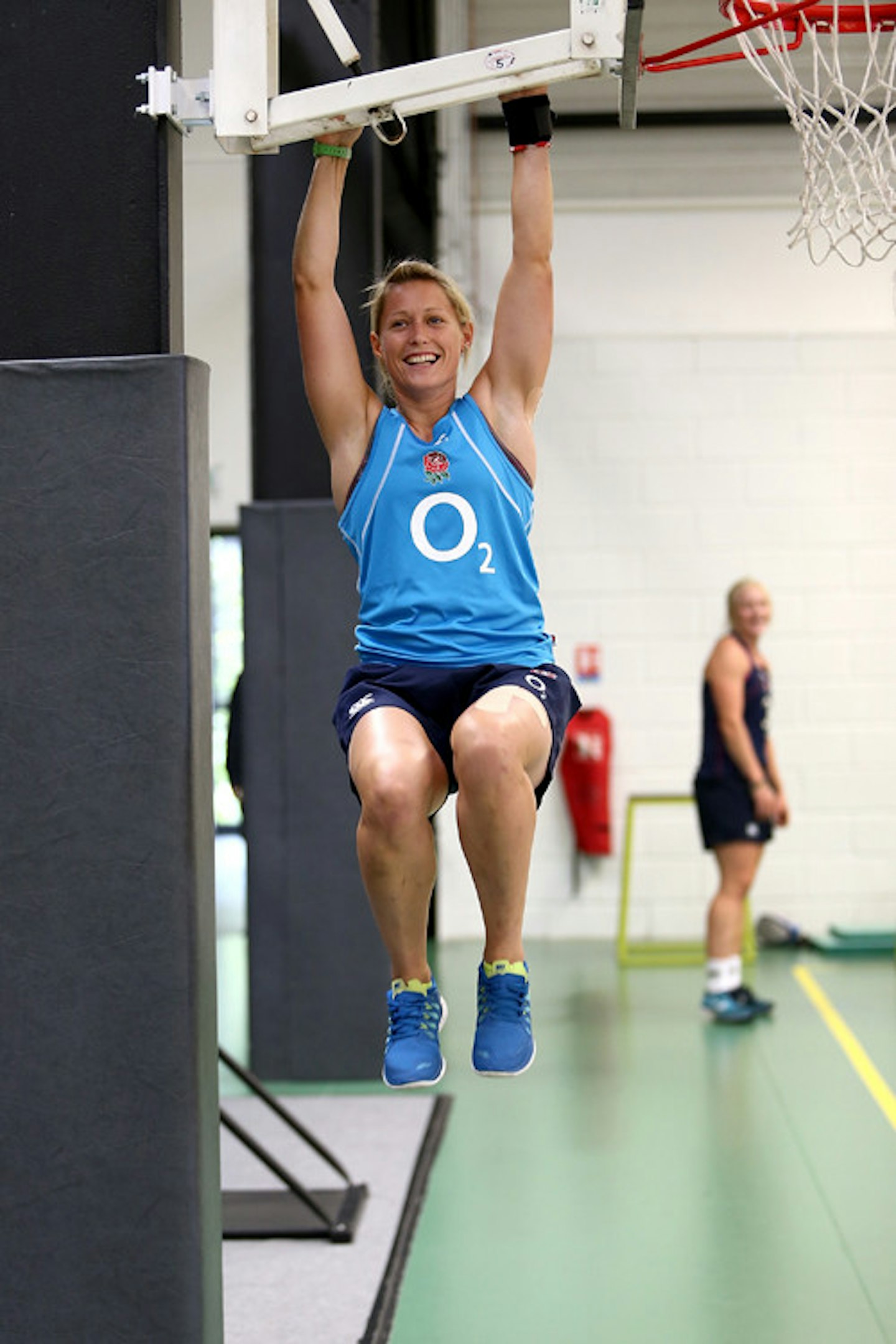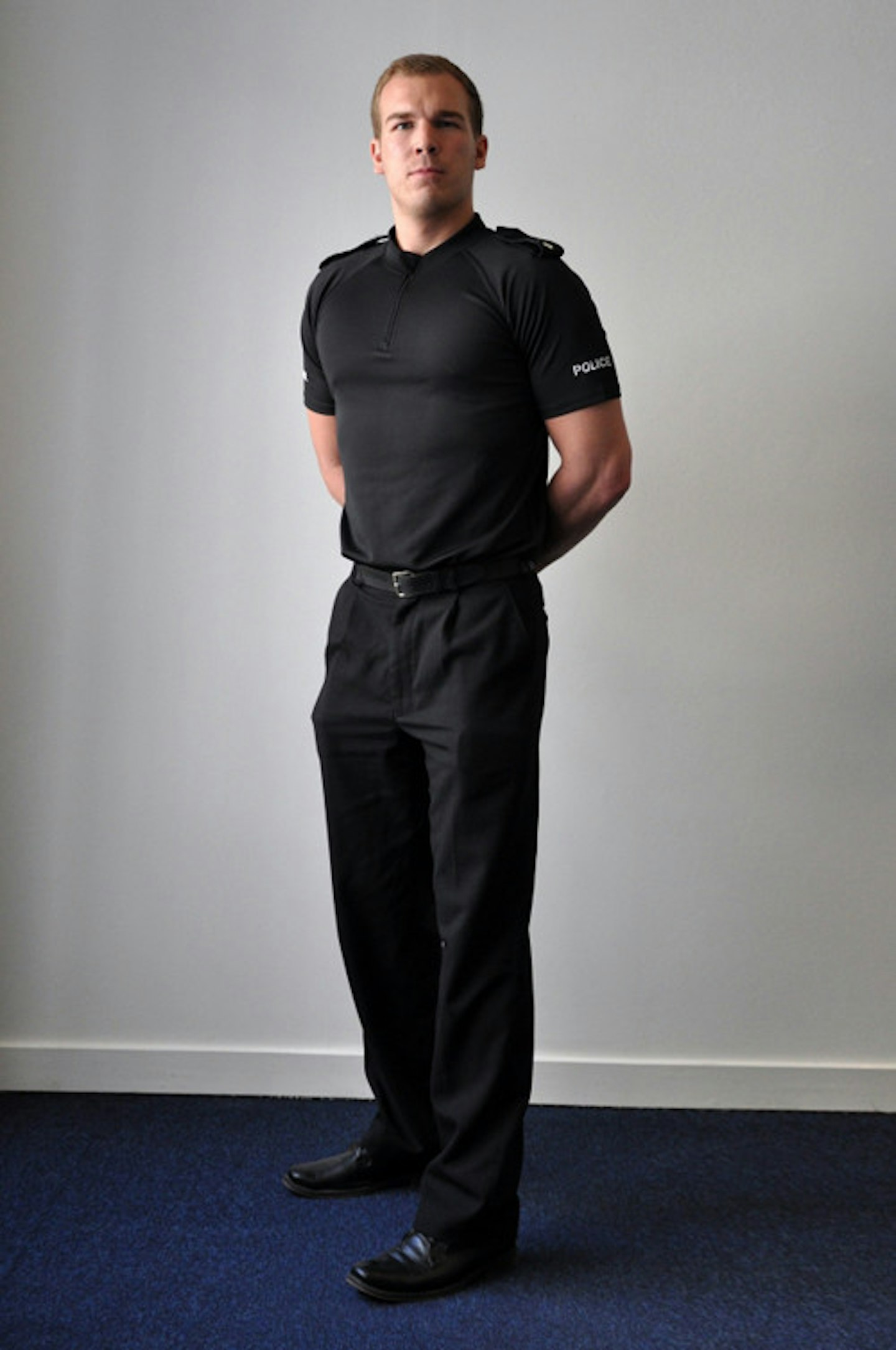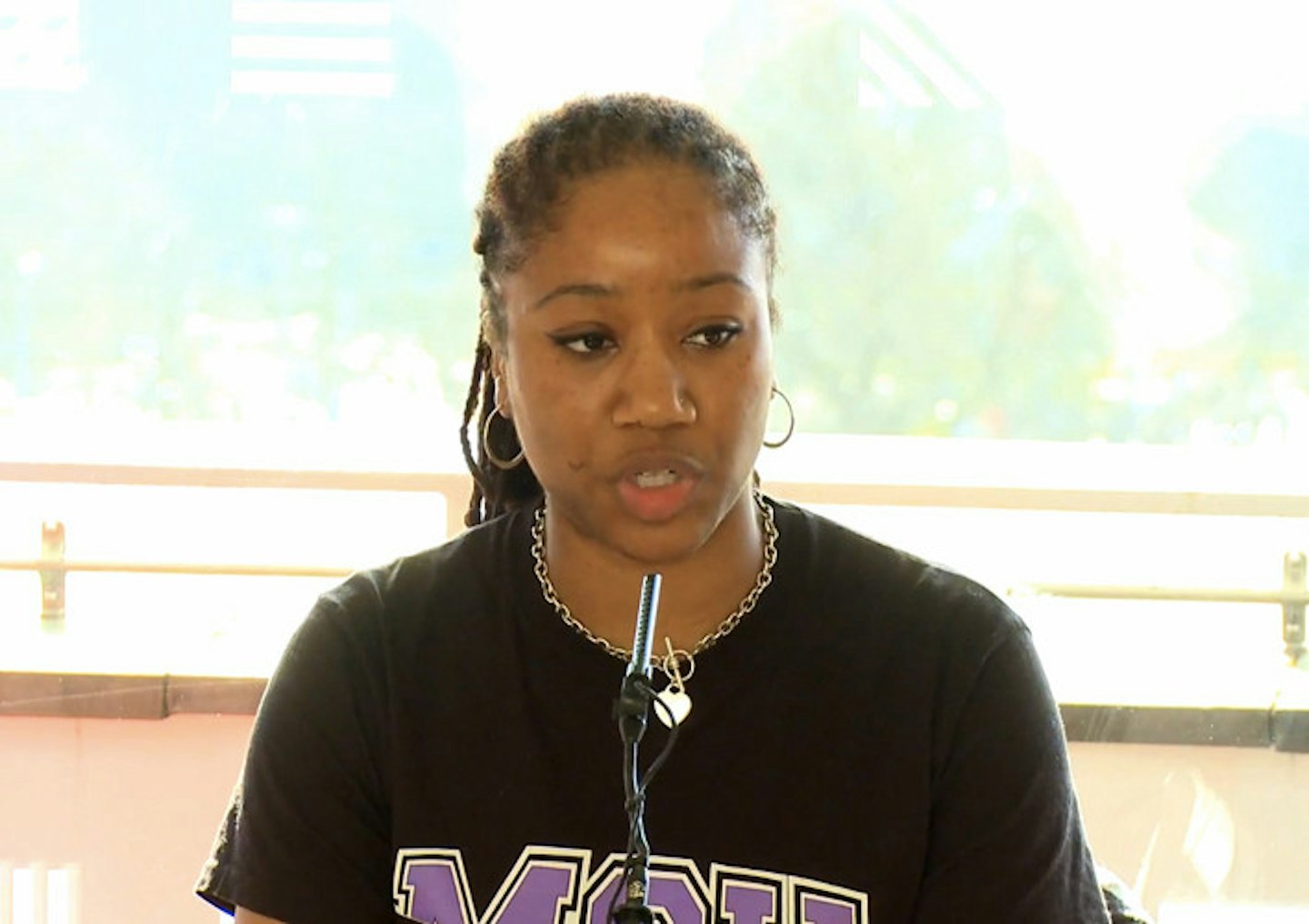Talk to most women at the sandwich section of a suburban Boots for long enough and feminism will come up. You may not call it feminism - you may call it childcare, sex, housing, getting wolf whistled, clothing, relationships or money - but it will come up. Probably over a Shapers egg and cress sandwich and a lip balm. Beyonce, Malala Yousafzai, Emma Watson, Nicola Sturgeon, Jennifer Lawrence, Stella Creasy, Ed Miliband, even Michael Gove got pulled into the warm muddy waters of feminism this year.
But it also felt, despite the disappointments of Ched Evans, Dapper Laughs and Julien Blanc, that something was shifting. That after years of effort - effort that dates back through Caitlin Moran, Maya Angelou, Roe vs Wade, Gertrude Stein, Emmeline Pankhurst, John Stewart Mill, Mary Wollestonecraft and Bodicea - we were finally seeing results. So, what happened? Why was 2014 the year where it all sort of worked? How did timing, the internet, mass communication, media attention, money and a sense of collective support come together to finally grind the gears of female equality into motion? We spoke to some of the main players across the world of sport, media, transport, sexual equality and BME representation to find out just that.
Laura Bates, the founder of Everyday Sexism, this year was named on the Woman's Hour Power list, The Times’ 30 Women Under 45 list, the Guardian Media 100, was voted Red Magazine Women of the Year, won an Oxford University Internet Institute Internet and Society award, and was one of the BBC 100 Women.

‘Although it was a tiny thing, one of my proudest moments this year was hearing from a friend who was on a business trip to Singapore. She emailed to say she'd heard a woman in the street shout "Hashtag Everyday Sexism!" in response to a sexist comment. We also heard from a lot of women this year who said Everyday Sexism had given them the strength to report an assault, file a complaint about workplace discrimination or start a feminist group at school, because it had made them feel supported and less alone.
I think young women are using social media in an incredibly powerful way to tell their stories, make their voices heard and campaign for the changes they want to see. You can see this in impressive and moving examples like #PassItOn, a campaign led by young people for young people on the issue of sexual consent and healthy relationships.
For me, the biggest single challenge of 2015 will be the battle for compulsory sex and relationships education. It beggars belief that in the 21st century there is still no guarantee young people will learn simple and vital information about sexual consent and healthy relationships, particularly given the fact that 85,000 women are raped and 400,000 sexually assaulted every year and domestic violence remains an enormous problem. The current provision is patchy and inadequate, with no compulsory element beyond basic biology - when the UK Youth Parliament surveyed almost 22,000 young people about SRE, 40% said theirs was either poor or very poor, and 43% said they hadn’t received any at all. This will be a major election issue and Everyday Sexism and the End Violence Against Women Coalition have teamed up to run a campaign calling on the party leaders to pledge compulsory SRE.'
Catherine Bosworth is the Director of Fundraising at Stonewall- a professional lobbying group dedicated to ensuring and protecting the rights of gay, lesbian, bisexual and transgender people. In this, their 25th anniversary year, Stonewall trained 1,000 health professionals , dealt with over 9,000 enquiries, trained 11,500 teachers to tackle homophobic bullying and had their international Commonwealth Games image seen by over 9 million people on social media.
‘2014’s LGBT headlines have been dominated with same-sex marriage. April marked same-sex couples being able to legally ‘marry’ (as opposed to ‘civilly partner’) and as of December all civil partners were able to convert their civil partnerships into marriages.
Stonewall’s international team work closely with human rights defenders on the ground in a wide range of countries including China, Uganda and Morocco. We’ve worked with over 30 countries in 2014, building a dialogue to understand how we can best help them and their different needs. We know there’s no ‘one size fits all’ solution to international LGBT issues, and our approach will always be led by the needs of the individual country.
Another prominent topic this year has been ‘coming out’. This year we’ve seen some high- profile cases of famous women fearlessly telling the world that they’re LGBT and that they’re proud of who they are. Casey Stoney, Anna Richardson, Ellen Page, Robin Roberts, Raven Symone, Djuan Trent (Miss World) and all other women who came out this year, we salute you!

We’ve been bowled over with the support we’ve received from high profile women for our flagship campaigns – Rainbow Laces and NoBystanders. Rainbow Laces encourages individuals, sports clubs and groups to take a stand against homophobia in sport – and the campaign was seen by over 30% of the UK population in just weeks of its September launch. NoBystanders calls on individuals to take a stand against all forms of prejudice they witness (not just homophobia, biphobia and transphobia) and has been signed by over 12,500 individuals.’
READ MORE: Why I Stopped Dapper Laughs From Playing At My Student Union
Natasha Hunt is the scrum half of the England Women’s Rugby team. The team won the World Cup in August this year, beating Canada 21-9. Since winning the tournament, Hunt has left her job as a teacher to take up a full time contract and is preparing for the 2016 Olympics in Rio.
‘2015 was an unbelievably significant year for women in sport. We’re getting approached by big brands who want to invest in and endorse us. The media attention we’re getting has never been seen on such a scale before. This is the first full-time programme of its kind in this country. The support and backing we’ve had has been enhanced hugely by that [World Cup] success.

Women in sport are becoming household names; the Olympic rowers Katherine Copeland and Sophie Hosking, the horse rider Charlotte Dujardin, Jessica Ennis; these people are in the limelight and people are interested in women’s sport.
Throughout the game we were all quietly confident. We were very calm and focused. I remember at one point looking up at the score and it was 11-9; I was really surprised because it felt like we had all the control. Then Emily Scarrratt kicked a penalty and, with 14 minutes to go, went over the line. That settled everyone because there was no way they could come back from that.'
Ricky Twyford of the British Transport Police is one of the officers at the centre of Project Guardian - a partnership between Transport for London, The British Transport Police and London Met aimed at reducing sexual assault and unwanted sexual behaviour on public transport.

'The impact has really kicked in this year. There’s been a 39% increase in reporting in the 15 months since the project launched to the public, compared to the same amount previously. That’s equivalent to about 600 victims coming forward who might not have done so. There’s also been a 40% increase, equivalent to 170 extra people, in perpetrators brought to justice. That shows the increase in confidence in people coming forward and telling us what’s happening.
One of the things we found out early in the project is that different victims will want to report in different ways because of their experience - their age, ethnicity, background, all sorts of things.So we opened up face-to-face with a uniformed officer, by telephone or by text, which is really popular because it can be quite discreet. And, although we don’t encourage this, we have taken a number of reports via Twitter.
What we did was retrained all the people who may be that point of contact for the victim to make them entirely victim-focused. If you report to us we will always take it seriously, we will believe you, we will look after you, we will respond how you want us to respond. Through the internal training policy we have achieved that.
The British Transport Police are now looking at how to roll it out nationally. We’re also going to undertake a wider marketing programme in London to inform victims, while also warning potential perpetrators "We’ll get you."'
Ikamara Larasi works for Imkaan- a black feminist norganisation dedicated to addressing violence against women and girls. This year, her campaign to introduce age restrictions on videos led David Cameron to announce a pilot scheme, which has been supported by Sony, Warner and Universal, alongside YouTube, Vimeo and Vevo.

‘Rewind and Reframe started in 2013. It was funded by Rosa and a partnership between Imkaan, Women Against Violence Coalition and Object, to create a platform for young women to challenge racism and sexism in music videos. We ran focus groups with young women. Participants didn’t have to prioritise different aspects of their personality; they could speak as a young, black and minority ethnic woman. The campaign addressed sexism and racism at the same time.
It’s been simmering for a while but I think the campaign got attention because there’s been a groundswell. Feminism and misrepresentation has been big in the media.
We already have a watershed on television and age certification for films - we’ve accepted age ratings as a useful system to gauge content. But it was also about informing people about what is in that music video - what they can expect to see. By putting an 18 rating on a video it’s a way of asking people to scrutinise the content. Also, Hopefully, it’ll change the way people make music videos, because they’ll want them to be seen by as many people as possible. If you’re trying to market an artist to young people, you’re not going to make their music video an 18 certificate. People are concerned about artistic freedom, of course, but I’m concerned about people feeling free to be racist and sexist.
Next year, Purple Drum will be building on the work of Rewind and Reframe, but tackling those issues through creative expression. We also want to deliver media literacy and sex and relationships education to young women in schools.
What I want for 2015 is to see an end to the intersectionality war. We need to connect better; understand how our struggles are connected and how we can support each other.
**Liked this? You might also be interested in: **
The 'NoToFeminist' Twitter Account Is The Most Epic Thing You'll See All Day
An Open Letter To Women Who Don't Need Feminism. Here's A Clue: You Do
Follow Nell on Twitter @nellfrizzell
This article originally appeared on The Debrief.
